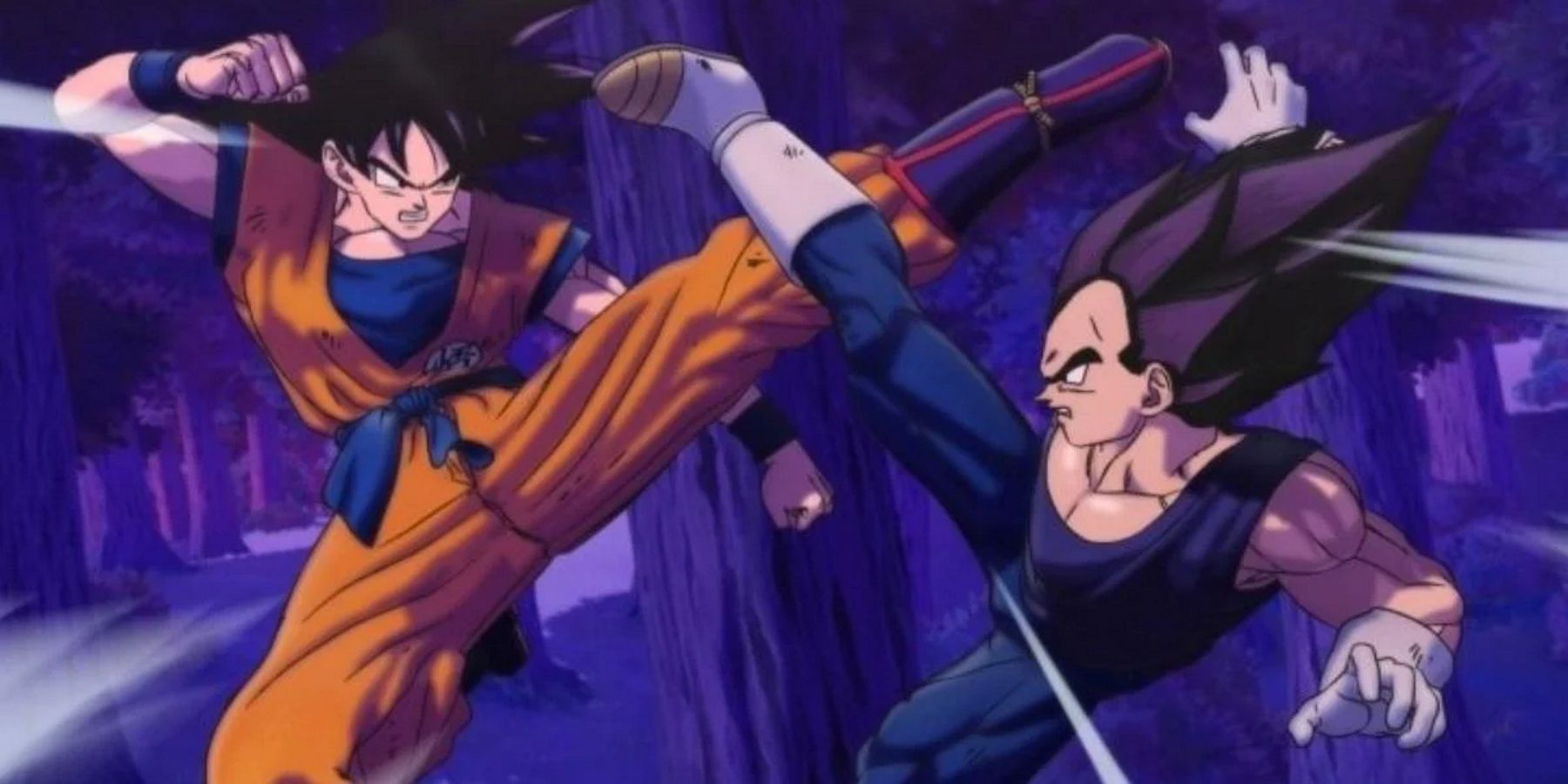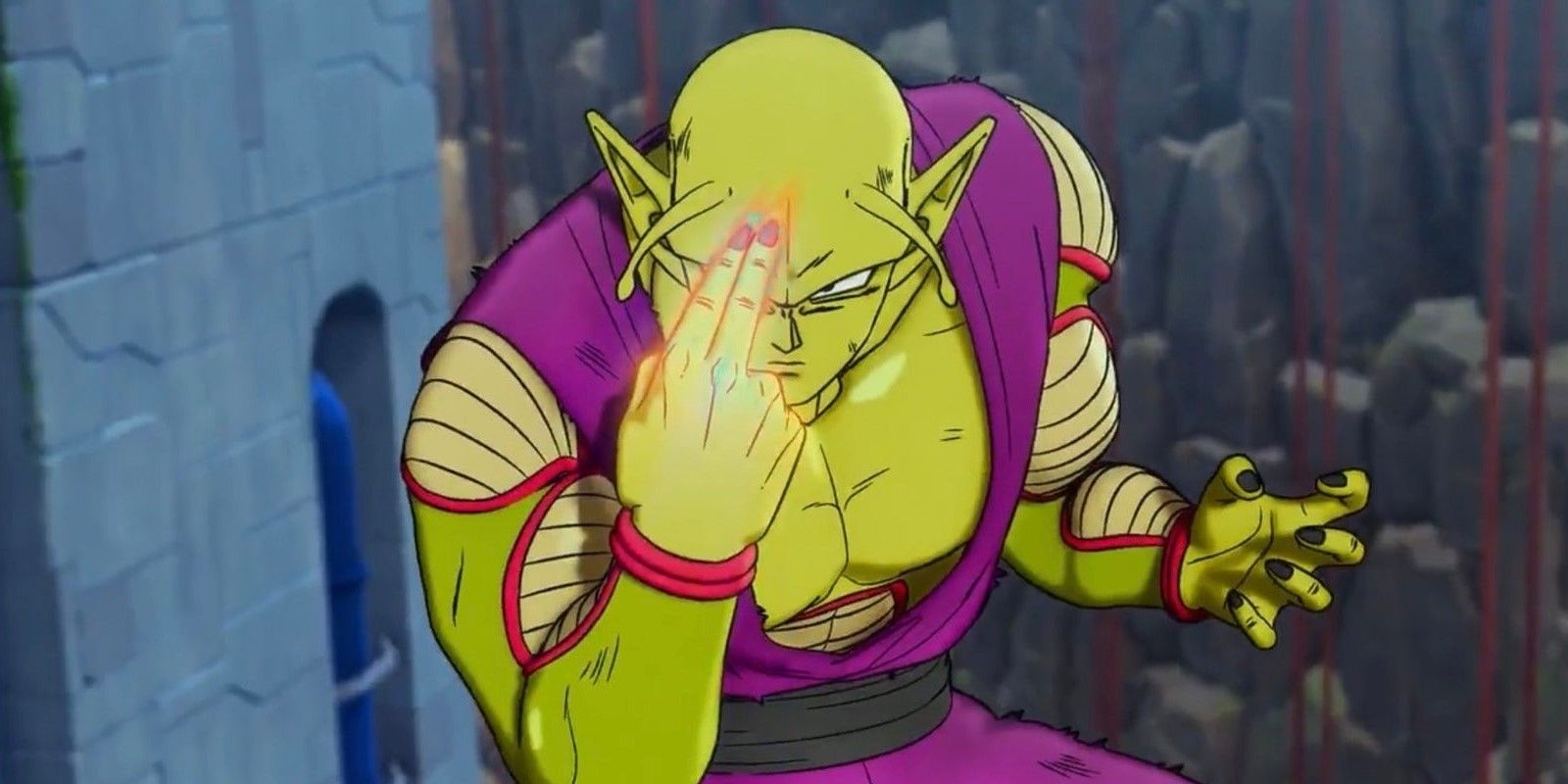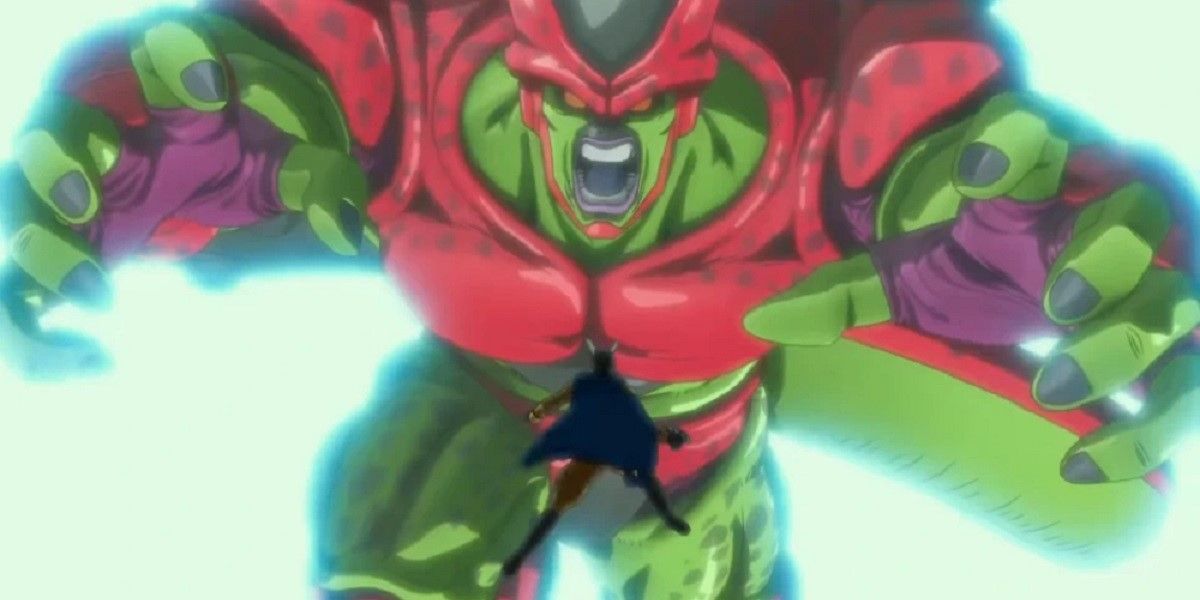Anime in the US has followed a cultural trajectory that has become common amongst traditionally nerdy interests. It was once considered an oddity that fans would have to undergo significant inconvenience to enjoy, but it's now become a massive medium that can compete with any other big name. A new anime film achieved a rare feat that warrants a look at how far things have come.
In many ways, Dragon Ball Z is the quintessential anime for an American audience. Almost anyone familiar with the concept of anime could name-drop Akira Toriyama's long-running opus. It was a formative experience for fans of multiple generations, even into the modern day. It's fitting that it's the series that would continue to be immensely powerful in the American market.
In a feat accomplished only twice before, Dragon Ball Super: Super Hero claimed victory over the American box office weekend in which it debuted. The first to attain that accomplishment was, of course, the overwhelming cultural phenomenon that is Pokémon. Pokémon: The First Movie was released in late 1999 to immense box office success. It's still the most financially successful anime film in the US 23 years later. The film pulled in a staggering $31 million in its opening weekend, absolutely dominating competition such as the Denzel Washington-led thriller The Bone Collector and Kevin Smith's Dogma. No less than 22 years passed before another anime film managed the same level of success.
In 2021, Demon Slayer: Kimetsu no Yaiba - The Movie: Mugen Train was released to a staggering level of success. The manga and resulting anime series have enjoyed a level of popularity that defies explanation. It's the highest-grossing manga series ever put to the page, despite only being out for a few years. Mugen Train was a tremendous event, bolstered by the legitimate phenomenon of the anime series' runaway hit status. It's the most successful foreign-language film ever to be released in the United States, but even that fails to communicate its success. It was the most successful film of 2020, and the first time a non-Hollywood production took the annual worldwide box office. Both the anime series and its film adaptation represent a tremendous power grab among anime fans. Mugen Train won its weekend, slaying its main competitor, Mortal Kombat. Only one year later, anime did it again.
Dragon Ball Super: Super Hero had a much less impressive haul than either of the films that previously won their weekend. In fact, there's an argument to be made that the competition just wasn't as fierce for the random August day that Toriyama's film debuted. Its main competition was the mid-budget Idris Elba vehicle Beast, which simply couldn't keep up with Goku and company. More successful anime films like Jujutsu Kaisen 0 didn't manage to take over their weekend due to stiffer competition. However, Super Hero wasn't just an anime film, it was a Dragon Ball Z film and that franchise has its own complicated history with cinema.
Between 1986 and 1996, Toei produced 17 films in the Dragon Ball or Dragon Ball Z franchise. These were created on incredibly tight schedules and pumped out at theatrical events in Japan. Of those 17, only two made it to the big screen in the United States. The two that did make it to the US did so in 2006, over a decade after their original Japanese screenings. The rest dropped straight onto VHS or DVD, only occasionally being broadcast on Toonami or Adult Swim. Fans either bought the physical copy in stores or missed the film.
Everything changed in 2013 when Toei and 20th Century Fox devised the plan that would bring anime cinema to its current new level. Instead of event releases at select venues in Japan, they'd make every release an event worldwide. Fans who saw Battle of Gods probably did so in their local multiplex's smallest screening room. Every new DBZ feature has followed this format, and it's expanded beyond the franchise that started the trend. My Hero Academia, One Piece, Jujutsu Kaisen, and Demon Slayer have become dominant hits thanks to these worldwide event releases. The ever-increasing cultural cache of anime combined with the bold strategy of turning the films into concert-level events has resulted in tremendous success, and there's nowhere to go but up.
In the coming years, anime fans could grow to eclipse some of the other big names in American cinema. Fans have watched with awe as their favorite anime heroes lit up packed 40-screen rooms, then grew to larger screeners, until they became worldwide events. Much like American comic books, loving anime is gradually shifting from a niche hobby to a worldwide entertainment phenomenon. American anime fans are the main beneficiary of this shift, but it could also work both ways. As anime gets bigger, more people will join the fanbase, and as it grows, fans could be seeing anime movies beat out juggernauts like the MCU within the coming decade.



